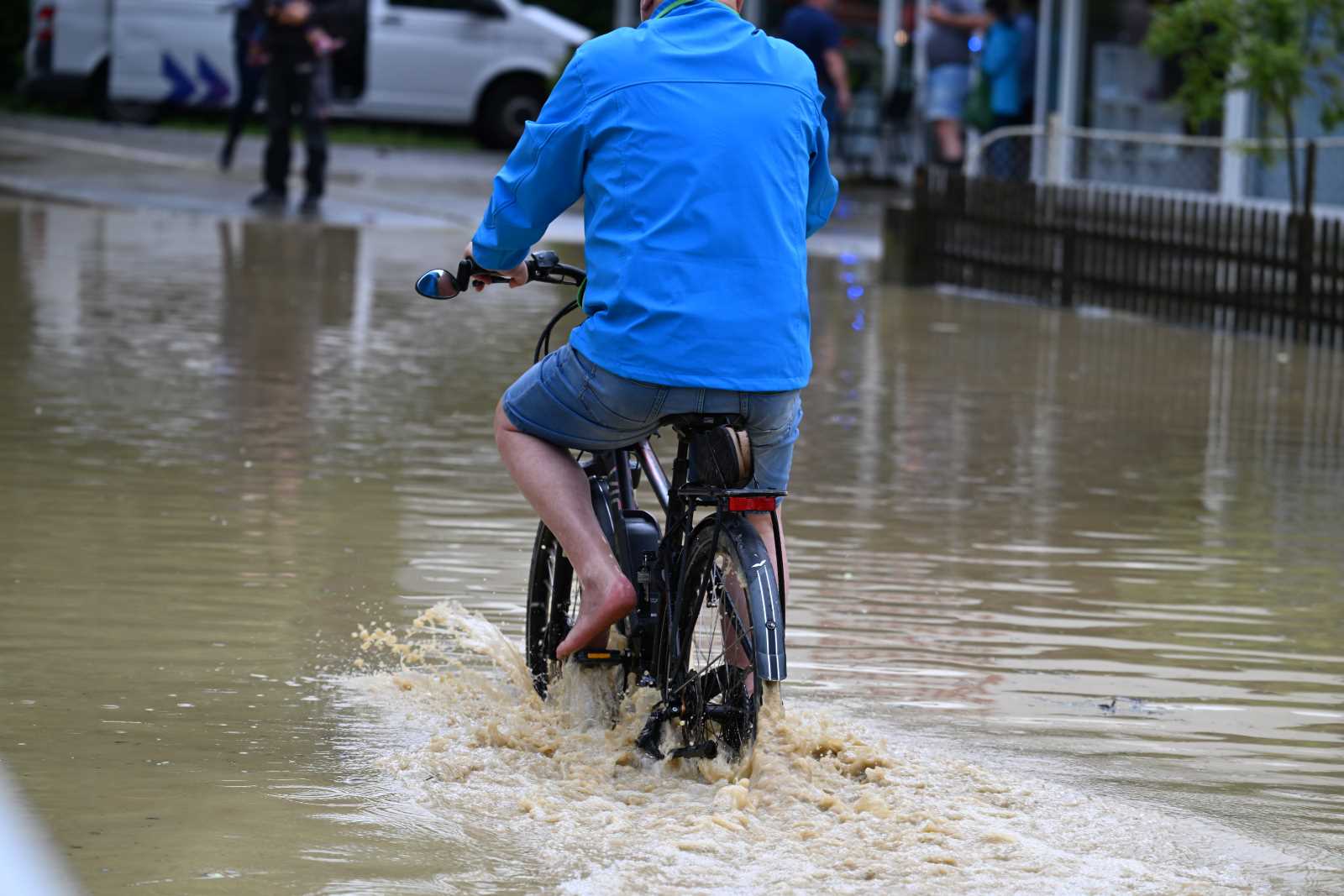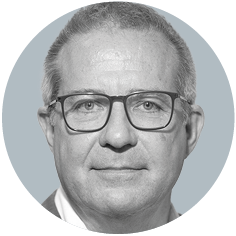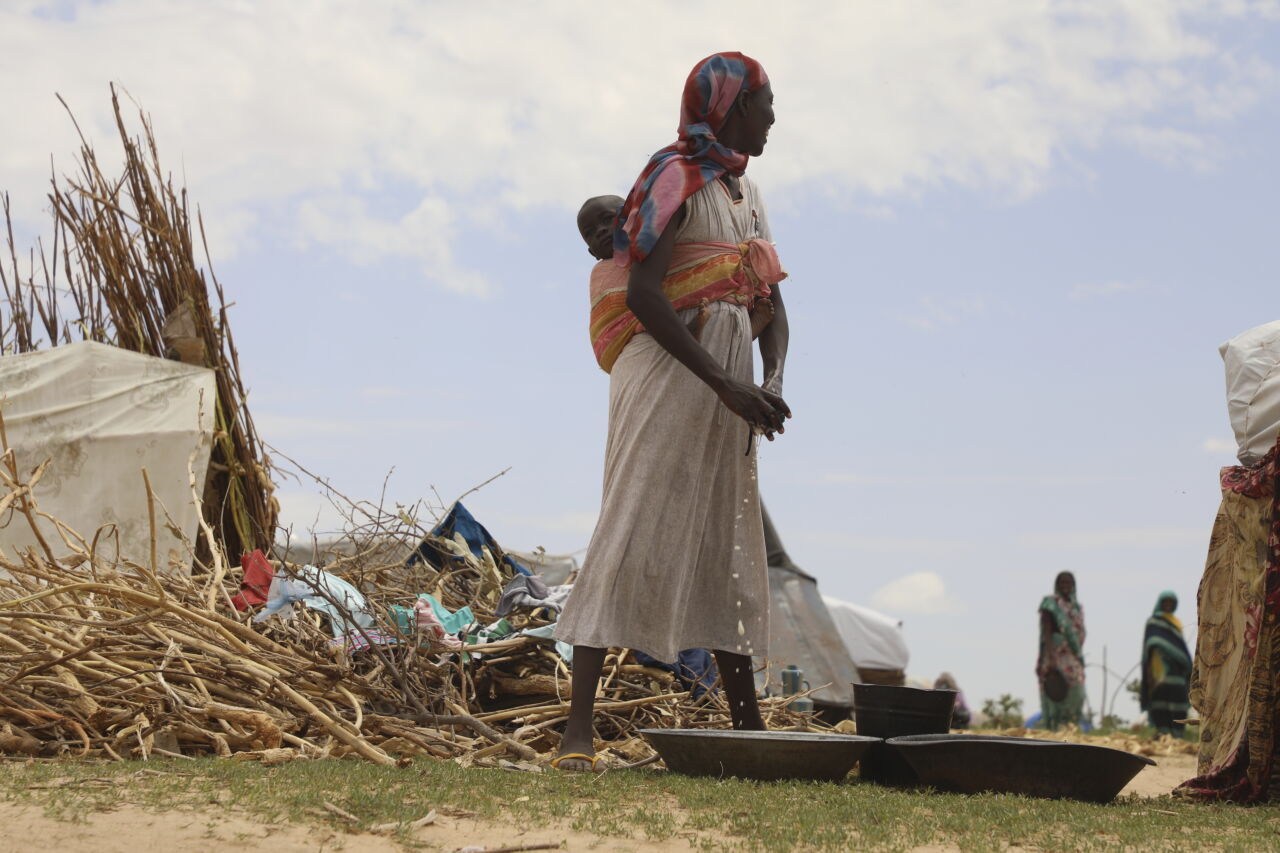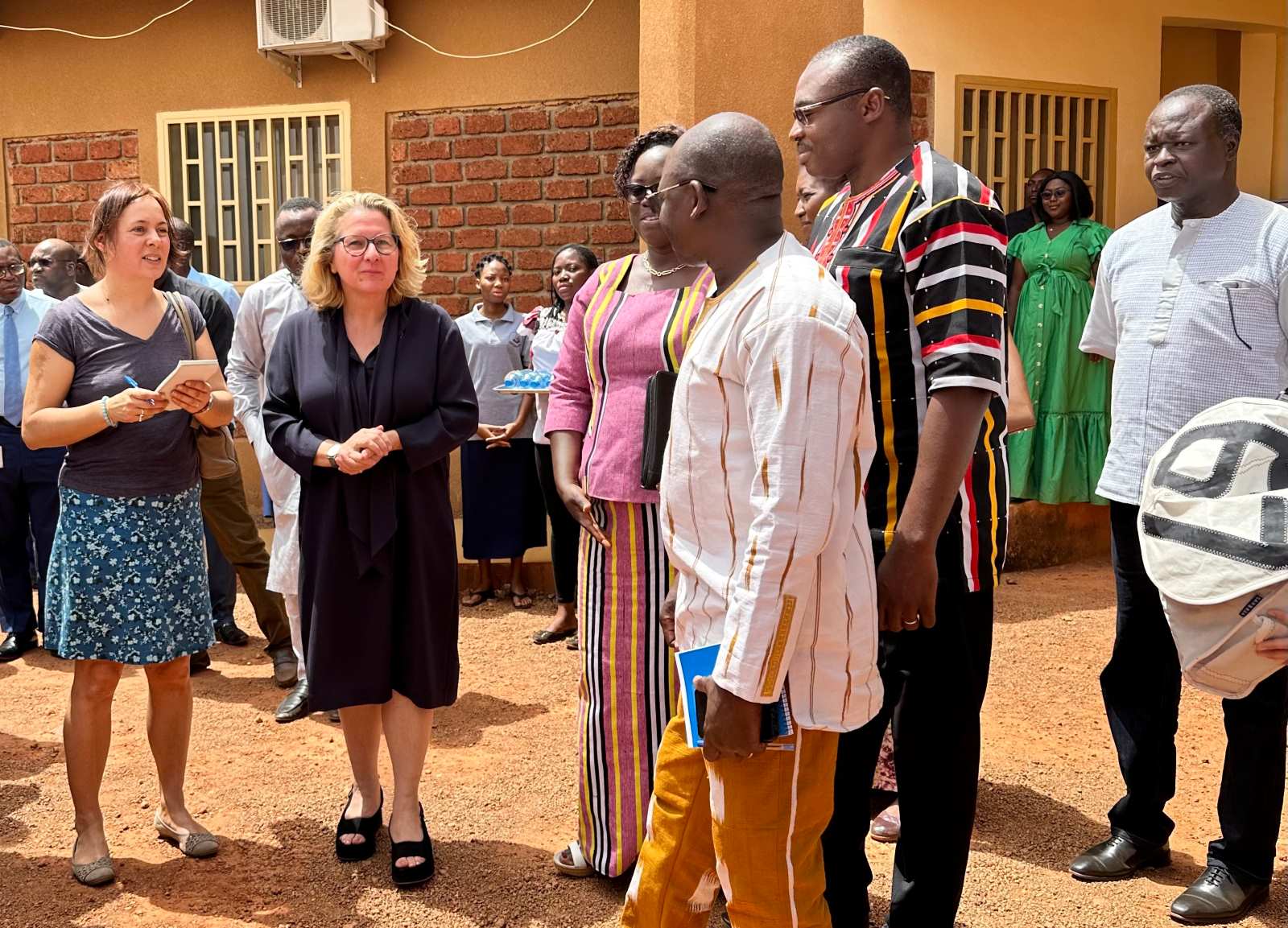European Union
Two important jobs
From the World Bank to the EU
She understands matters of development and limited freedom. Kristalina Georgieva brings an abundance of theoretical and practical experience to her new job. She spent nearly one third of her life in the employment of the World Bank, most recently as a vice president. In the service of the Bank, she coordinated climate projects and, earlier, was in charge of projects in the Russian Federation. She holds a PhD in economics.
For 15 years during the communist era, Georgieva taught economics at Sofia’s University of National and World Economy. She lectured at the London School of Economics and Yale University. Besides her professional competence, Georgieva understands the practical difficulties of a developing country. She knows what it is like to be an aid recipient: before joining the EU, Bulgaria, her home country, received around € 500 million per year. Not all of that money was spent as Brussels had intended.
Since February, Kristalina Georgieva is the EU’s commissioner for international cooperation, humanitarian aid and crisis relief. During the three hour hearing before the European Parliament, which all aspiring commissioners have to go through, the 56 year old candidate convinced her listeners. Her competence in the areas of development, crisis aid and issues of humanitarian intervention assured her the support of all parties. She identified support for Haiti as her main aim. She also expressed herself in favour of creating a European “volunteer corps”, an idea which Michel Barnier, then Frances foreign minister, had included in a report on European crisis prevention in 2006.
Teacher and political diplomat
Andris Piebalgs is familiar with small states and knows the EU from an outsider’s perspective. After all, it was he who negotiated the EU membership of Latvia, a small Baltic state, in the years 1997 to 2004. He has also gained substantial experience in other areas.
Though Piebalgs originally studied physics, his professional path was not marked by theoretical axioms. He worked as a teacher, became a leading politician and joined his country’s diplomatic service. He was Latvia’s finance minister in the 1990s. As minister of education, he designed an independent education system for the former Soviet republic.
He is a founding member of the liberal party “Latvijas Cels” (LC, Latvia’s Way), which became the strongest force in the country’s first parliamentary elections in 1993. Piebalgs himself was voted into parliament, where he spent two years before going into diplomatic service. In Brussels, the father of three has little difficulty communication – besides Latvian and Russian, he speaks English, German and French. Piebalgs was the commissioner for energy during the past Commission. He now heads the general directorate for development; he is also in charge of the division of development politics in EuropeAid. Furthermore, he represents the European Commission in the Council of EU Ministers of Foreign Affairs, as Lady Ashton, the high representative, chairs the council. cir













